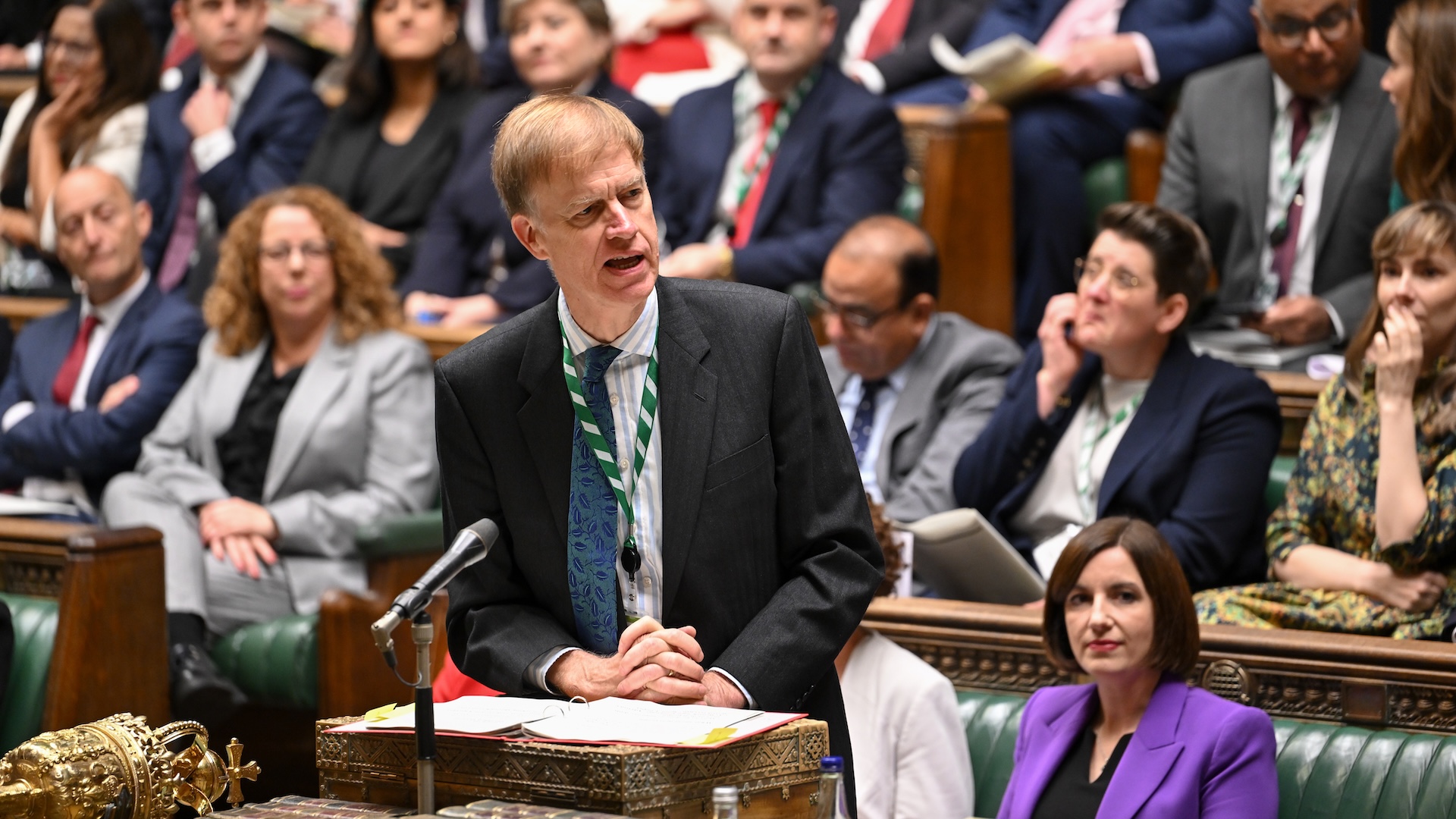Real co-production is a process in which disabled people who have actually experienced our harsh and unequal benefits system play a major part from start to finish. We’ve been here before.
In fact, the Labour 2024 election manifesto committed to championing “the rights of disabled people and to the principle of working with them”. But this government tried to bring in the biggest cuts to health and disability benefits in a lifetime – cuts they introduced without any consultation, employing parliamentary tricks and schemes to rush them through to boot. These were all employed to cut out disabled people and our views.
So, for most of us, it is difficult to trust the government’s promise to co-produce a new PIP system, especially with their focus on cost-cutting as opposed to genuine support for disabled people. It’s hard not to think that the PIP cuts have been postponed, not abandoned.
So how do we move forward? Because we do need change. A system that the UN found had, over the last three years, caused the deaths of 600 people – a system which is so meagre in support that it means that one in three people who use a food bank are disabled – cannot be left to carry on.
This is a huge moment. As Svetlana explained, “If there is genuine co-production with us and our organisations within the Timms review, this could be a chance to reset the relationship and build back the trust that has been lost.”
Winning back trust means co-production has to mean more than the buzzword status it currently holds.
It must be an end-to-end and cyclical process by which disabled people, through our organisations, and decision-makers within government work in equal partnership to identify the real priority needs and barriers within the system. Not focusing on how to cut support or phoney “fraud crackdowns” but getting people the support they really need and meeting their needs and goals.
True co-production will mean that together we will all design, develop, test, implement and evaluate solutions to address the inequality and injustice faced by disabled people. That means truly working through the interface of benefits with other key areas of policy, including social care, health, education, housing, employment and transport.
We need a review that focuses on exploring and developing social models and human rights-based approaches to benefit criteria and assessments, rather than pursuing further cuts and stricter assessments. That would be hugely different from just discussing what criteria should score how many points in the hostile, dehumanising PIP assessment process.
However, thinking beyond what we will be doing, a crucial element is who will be involved in the co-production. The government has suggested it will be “disabled people and the organisations that represent them”, with the minister proposing that a group of 12 will meet regularly. However, true co-production of the system will need to be intersectional, as the disabled community is intersectional.
Our community has not borne the brunt of the benefit system equally. When Black universal credit claimants are 58% more likely to be sanctioned than white claimants, then true co-production must involve disabled people’s organisations representing the diversity of our community. Any review worth its salt must address specific issues experienced by multiply-marginalised disabled people, including those with other protected characteristics, but also class, place of residence, immigration status, caring responsibilities or family situation.
And whoever ends up being involved, from the whole breadth of our community, our good faith must not be held against us. Our involvement in the process will not automatically lead to our endorsement and support for any specific policy. Only then will this review be worth more than the paper it is written on.
Mikey Erhardt is policy lead at Disability Rights UK.
Do you have a story to tell or opinions to share about this? Get in touch and tell us more.





